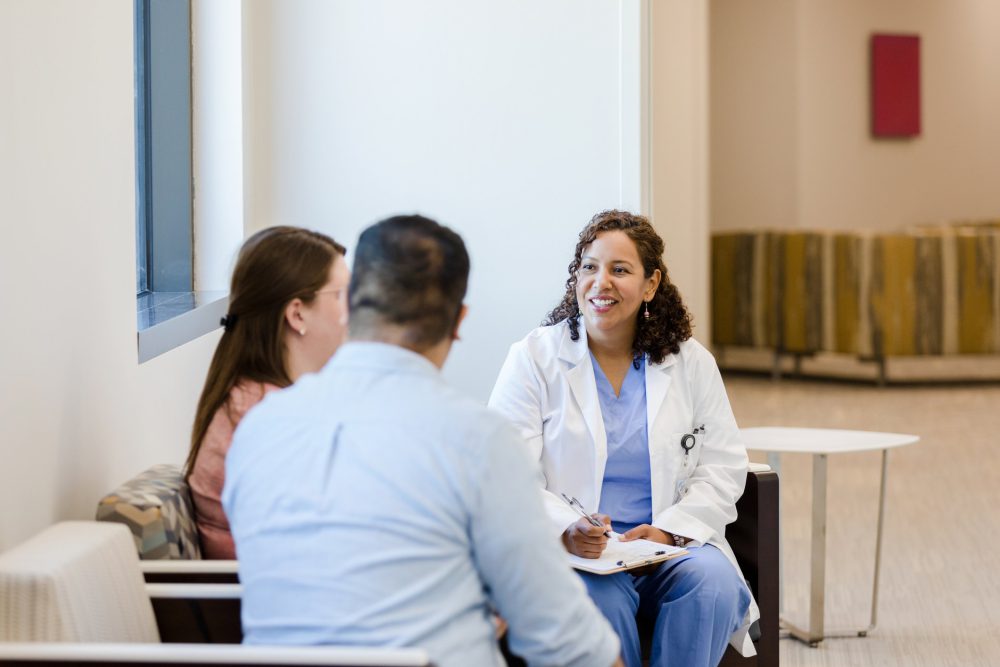
With a high need for medical professionals, becoming a family nurse practitioner (FNP) is a good career to consider. Since you’re reading this article, I’ll assume you are ready to explore the FNP role. Let’s jump in.
What is an FNP?
A family nurse practitioner (FNP) is an advanced healthcare provider who works in a variety of primary care settings. They provide care to patients across all stages of life and focus on preventative care. They can work in collaboration with physicians or can work independently (in most states).
Typical responsibilities include diagnosing and treating conditions and ordering and evaluating test results. There are some who additionally conduct research, train staff members, or provide consultation in specialty fields.
Why should I become an FNP?
As an FNP, you’ll focus on preventative care. You’ll have the ability to create genuine and long-term relationships with your patients and their families. If you’re looking for a role in which you can see patients for an extended time, being an FNP is a great path. To gain insight into the experience of being an FNP, find out what MSN clinicals are like.
What’s the future outlook?
FNPs have one of the highest growth projections within the nursing field. Jobs are projected to grow 40% within the next 10 years. Therefore, you can enter a fast-growing industry knowing you’ll have various job opportunities when you graduate.
Additionally, the average annual wage for nurse practitioners is $123,780 annually. FNPs that make higher salaries usually work in outpatient centers or hospitals. As other FNPs retire, the needs and opportunities of the field will grow quickly.
How do I become an FNP?
First, you must earn your Bachelor of Science in Nursing (BSN). If you already have a non-nursing bachelor’s degree, you can earn an Accelerated Second Degree BSN (ABSN), which is held at our Wisconsin campus. After receiving your degree, you will have to pass the National Council Licensure Examination (NCLEX) to receive your RN licensure.
You then can start a Master of Science in Nursing (MSN) program. Concordia’s MSN- Nurse Practitioner program will prepare you to graduate with both the skillset and confidence to excel within your field.
Once you complete your degree, you must pass the national FNP certification board exam. Concordia’s success rates will give you the edge you need to start your career on the right foot and stand out from your peers.
Taking a step towards a new career can be nerve-racking, but having more information can help that fear. If you’re interested in learning more about becoming a family nurse practitioner (FNP) through our MSN program, feel free to read about our program below.